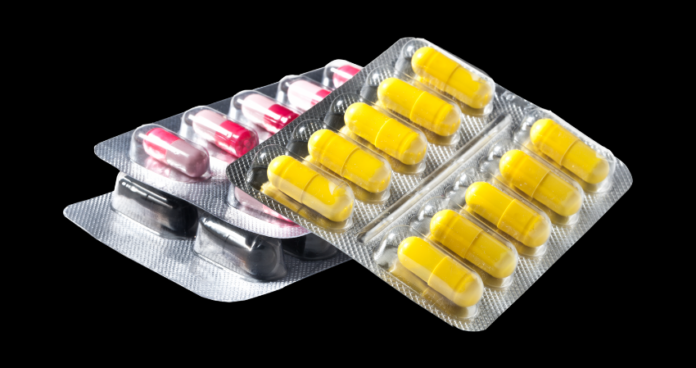The Pakistan Pharmaceutical Manufacturers Association (PPMA) said on Wednesday that medicine prices have risen by an average of 15 per cent since the government introduced its deregulation policy in February 2024, rejecting recent official claims of a 32 per cent hike. According to a report by Dawn News.
In a statement, the association said the 32 per cent figure represented cumulative increases over the past two years, not just the period following deregulation. Citing data from IQVIA, a leading global source for pharmaceutical sales and pricing, the PPMA said overall prices in the local market rose by 16 per cent in the last 12 months.
“The actual increase of 15 per cent includes around 2.5 per cent growth in production units and new product introductions, meaning the real impact on existing medicines is closer to 13.5 per cent,” it added.
The association said that before deregulation, the pharmaceutical sector was under severe stress due to strict price controls, sharp rupee depreciation, and inflation reaching 35 per cent, which led to shortages of vital medicines such as anti-cancer drugs, insulin, anti-TB medicines, heparin, and cardiovascular treatments.
According to the PPMA, the government’s decision to deregulate prices of non-essential medicines has helped restore the supply of more than 50 life-saving and critical drugs, as manufacturers resumed production halted during the price control regime.
The industry body thanked the government for taking “timely action” to stabilise the pharmaceutical market and align Pakistan’s pricing framework with international practices, under which only essential medicines remain under state regulation — a model followed in India and Bangladesh.




